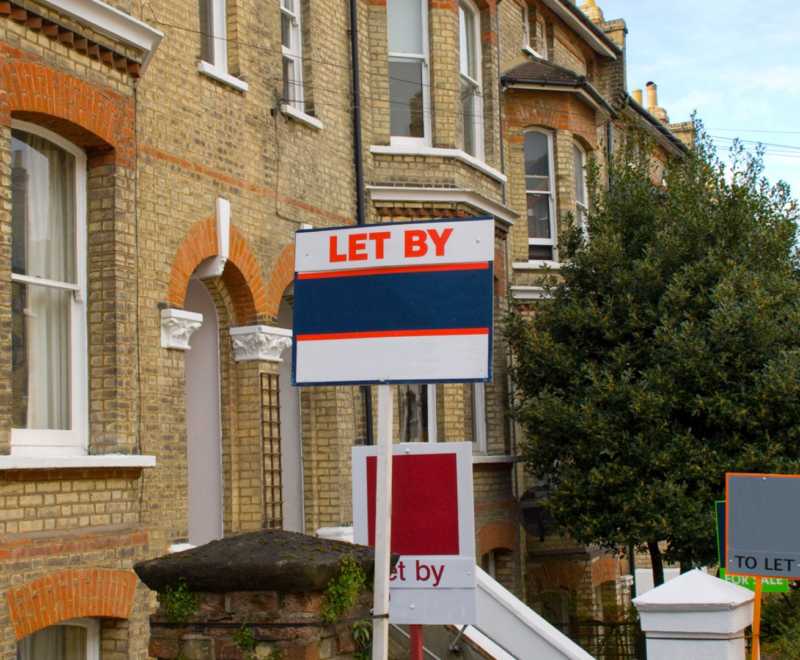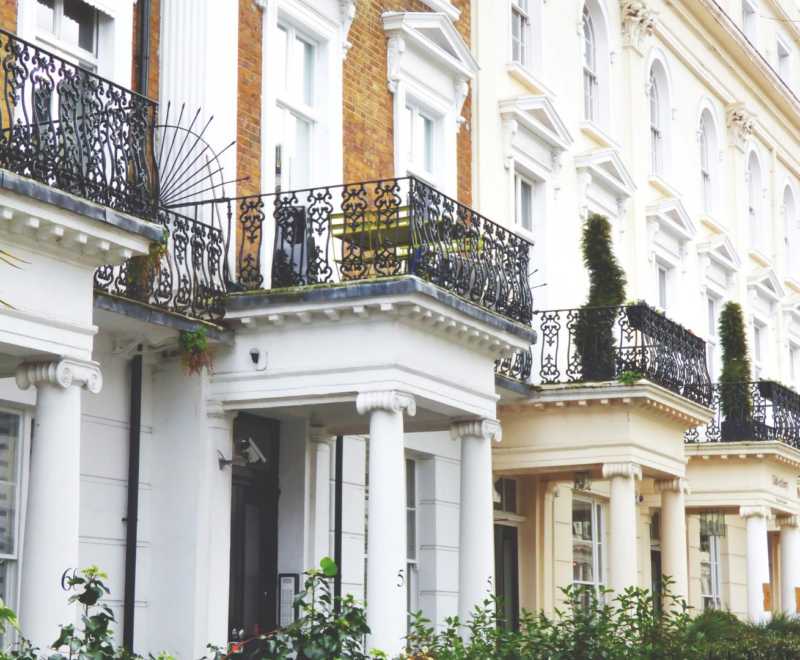Renting out your house or just another type of property can be a handy alternative to selling it. When it comes to figuring out just how much rent you can achieve for your property, it’s important to analyse the market.
To get a general estimate, go online and find out what the average price for the area where you’re considering buying for rent, or where you already own the property. While this assumes your property is at the direct centre of the market, you can quickly get an idea as to whether rents are generally to your expectations.
How much other landlords are charging for similar properties?
Go to our property listings section and open inspections to see the asking price. Focus on properties that are comparable and nearby to your own as this will quickly let you see how your home will perform in a similar situation.
Do you need an estate agent in Birmingham for renting out your property? Love Your Postcode is here to help you!
You can use data on sites like Rightmove, Zoopla, Onthemarket, Gumtree or Openrent but it’s the market and the tenants that dictate how much you will be able to achieve.
This is by far the easiest method of finding out how much landlords are currently charging for rent.
How do I know how much to rent my property for?
Usually, the rent that property owners charge is within a percentage range of the estate’s market value. The monthly rent typically falls between 0.4% and 0.75% of the property’s current value.
This means for example that if your house is worth £150,000 at the moment, you could expect a rent in the range of £600 – £1,125/month.
There is no point trying to charge a tenant £700 a month for your flat if a house down the road is on the market for £550.
You should research the city area where your next property will be based on before purchasing it, so you know what type of rental you could get.
Of course, the amount you’ll be able to rent your home for depends on a number of factors including the type, condition and location of your property, plus the demand for rental property in that area.
While Love Your Postcode’s free online valuation tool is designed to help you to get an estimated value of your property, the actual value of it might be above or below the result depending on the below factors.
Factors affecting the value of the house
A number of things are taken into consideration when determining the value and the renting price of a house:
- External characteristics – house condition, architecture, sidewalk, paved road, garage, school catchment areas, crime rates, good transport, local amenities, etc.
- Internal characteristics – size and number of rooms, construction quality, appliance condition, heating type, energy efficiency, etc.
- Supply and demand – the number of properties for rent versus the number of tenants;
Before you rent, add value to your home. Invite an estate agent for a free valuation or interior designer over to check out your home. We do this as a courtesy, for free!
Even small suggested improvements, such as paint colours or furniture placement, can go a long way toward improving the look and feel of your home. Check out this full article for 10 different ways of adding value to your home.
How do I put my house up for rent?
Let Love Your Postcode know when you’re ready to find tenants to rent your property, because the chances are we have professional tenants already waiting to move into your property. Click the button below to book an appointment with one of our rental team.
A quick guide to tax changes for Landlords
There have been many tax changes for landlords to be aware of in recent times but as of April 2017, there has been a notable change that may seriously impact on many landlord’s income and ability to turn a profit.
As of the 6th of April 2017, changes have been implemented to the tax relief for finance costs, and by April 2020, this will be restricted to the basic rate for income tax, which is currently set at 20%. This relief will be provided as a reduction in the level of tax liability, as opposed to a reduction to the taxable rental income, and this may also have an impact on landlords.
The changes are being phased in over four financial years. The process started for the 2017/18 financial year with the split standing at 75% of finance costs which can be deducted from rental income and 25% of basic rate tax reduction.
In 2018/19, this moves to 50%, 50% split between finance costs which can be deducted from rental income and basic tax rate reduction.
In 2019/20, the balance comes in at 25% of finance costs which can be deducted from rental income and basic rate tax reduction and then from 2020/21, the system will be 100% of basic rate tax reduction.
Higher tax rate bracket landlords will be impacted on
For a landlord who is currently at the basic rate of tax band, and maintains that position after the changes, there will be no change to their circumstances. However, landlords who are in the 40% or 45% tax bracket, the changes will impact on their net profit from their buy-to-let activities.
As an example, a landlord who in 2016/17 had rental income of £10,000; a mortgage of £5,000 and costs of £2,000 had taxable income of £3,000. This led to a tax bill of £1,200 leaving the landlord with a profit of £1,800.
However, by 2020/21, and with income and costs being the same, there is a big drop off in the profit earned by the landlord. With a rental income of £10,000 and costs of £2,000; the landlord has taxable income of £8,000.
With 40% tax leading to a figure of £3,200 and then the mortgage interest rate (standing at 20%) standing at £1,000; the total tax bill for the year stands at £2,200; which sees the landlord making a profit of £800.
This is £1,000 less than the profit earned in 2016/17 with all other things being equal.
This is not a drop-off that only happens in the final year, over the course of the relevant years, the landlord will make a smaller level of profit. With all other things being equal and the landlord making a net profit of £1,800 in 2016/17, the net profit figures for the other years would be as follows:
- 2017/18 – Net profit of £1,550
- 2018/19 – Net profit of £1,300
- 2019/20 – Net profit of £1,050
- 2020/21 – Net profit of £800
It is easy to see how this will impact on many landlords and it is essential that landlords work out their own figures and make sure they are comfortable with their expected returns.
Book an appointment with one of our property experts. Call us on 0800 862 0870 or ask for a free valuation today.
By










